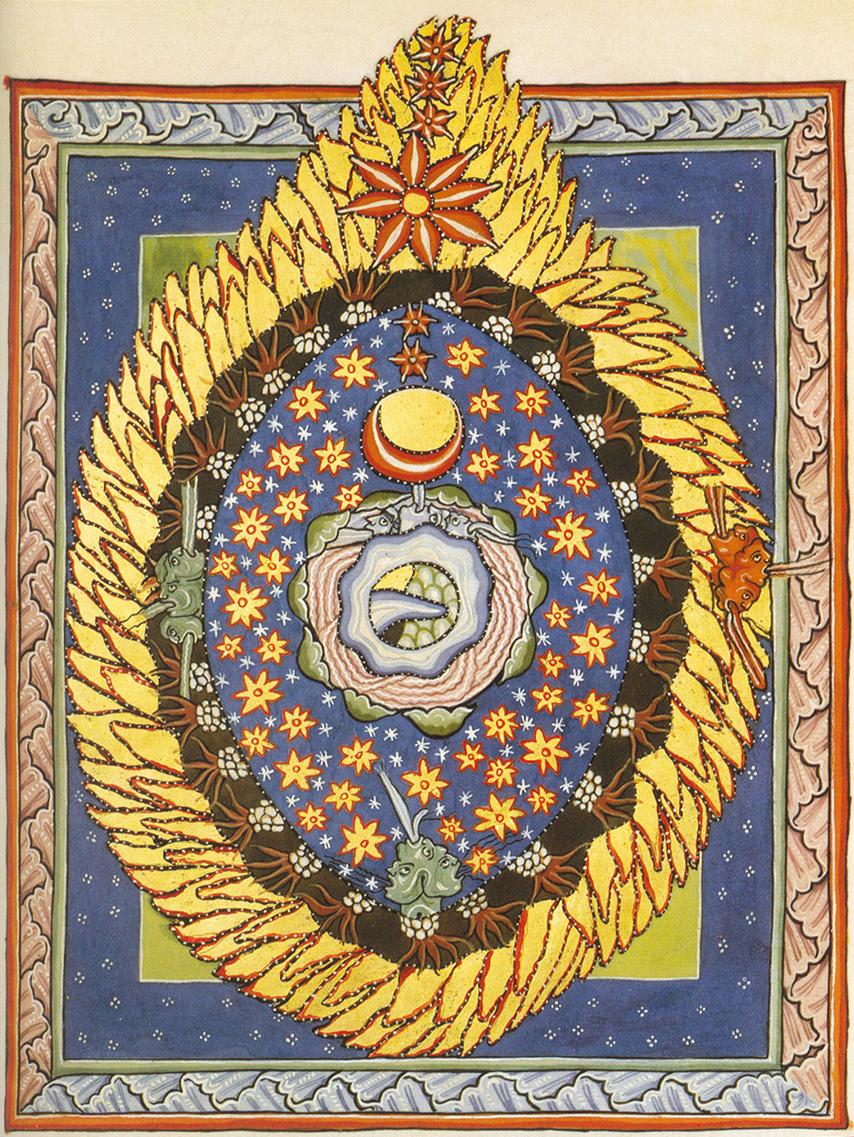Later this week the Fran Park Center is partnering with the Arizona Interfaith Movement to sponsor an interfaith tour of three houses of worship: Hindu, Sikh, and Buddhist. Some Christians might be uncomfortable encountering others' faiths. However, I feel that I have learned a lot about what it means to be a Christian by interacting with people from other religions and exploring the teachings of those religions. I have even taught Comparative Religion courses at the college level. The more I learn, the more I understand that I am a Christian and why.
Some of my most memorable encounters with people of other faiths would have to be those with Muslims, because their faith teachings were most challenging to my own. Because Christianity is an outgrowth of Judaism, it is relatively easy to understand Jewish theology. And yet while Islam is an outgrowth of both Judaism and Christianity, Islam offers certain counter perspectives on the story of the God we share and especially the New Testament.
Twenty-four years ago, I went to teach for a summer in a village that is split between the Israeli and Palestinian sides of the Green Line. The school where I went to teach English was a college of Islamic law, basically a community college for local Arab students. My students that summer were all female, which helped classroom dynamics tremendously. If there had been male students, the women would have had to sit in the back of the class behind a barrier. As it was, the students felt free always to speak their minds. And they did share their thoughts freely. Whenever I said something that disagreed with their understanding of life, God and the world, they would pull out their Qur’an and say, “But professor, the Qur’an says, _______________.”
One day, they asked me to tell them about Christianity. When we got to the part about Jesus dying on the cross, they said, “No professor, that is not correct. Jesus did not die on the cross. Judas was crucified in his place. God put Jesus’ face onto Judas, and the crowds took Judas to the cross. Jesus observed the crucifixion from the Mount of Olives and then ascended into heaven without having died.” I just stared at them. I had never heard such a thing! I could understand that people deny the resurrection, but the crucifixion itself?! Until that moment, I had thought that the one undeniable fact about Jesus of Nazareth was that he died on a Roman cross. It is a matter of faith that he rose from the dead; history however says for sure that Jesus died.
Later that night, after this class session, I could not sleep. I paced back and forth for hours. “How could someone deny the crucifixion? It makes no sense.” I soon discovered that this tenet of Islam is not stated so clearly in the Qur’an. All it says is, “That they (The Jews) said (in boast), "We killed Christ Jesus the son of Mary, the Messenger of Allah”; but they killed him not, nor crucified him, but so it was made to appear to them, and those who differ therein are full of doubts, with no (certain) knowledge, but only conjecture to follow, for of a surety they killed him not. Nay, Allah raised him up unto Himself; and Allah is Exalted in Power, Wise. — Quran 4:157–158
Islam also teaches that Jesus was born by the power of the Holy Spirit of the Virgin Mary and that will come again at the end of time to judge humanity. These are views that Christians share with Muslims. Even though I wrestled with my students’ understanding of Jesus’ death (or his non-death), I listened to what they found meaningful in their faith perspectives. I knew that my faith in Jesus called me to be hospitable to others. This must have shown through, because my students finally said to me, after our many conversations, “We do not understand why you are not a Muslim. You are such a good person.” And this spoke to me the basic tenet of my faith: Jesus said love God and love your neighbor.” Let your actions speak loudest; they show others what you believe. As I sought to see each of my students as Christ in the flesh, they saw in me the model of their own faith: one who is submissive to the will of God (for this is what Islam means: submission.)
Though my Muslim students and Muslim friends hold theological perspectives different at times from my own, through encounter with living, breathing others, I saw the Golden Thread that is woven through humanity’s faith perspective: love one another, and in so doing you show your faith in God (or goodness itself).
My understanding is that God has called me to be a follower of Jesus Christ, and I am to show that love I encounter in him to all whom I meet. I try my best to seek out the ways they not only live out the Golden Rule, but seek truth in action through love. This I learn surely in engaging with other Christians, and this I learn in encountering people whose faith perspectives vary widely from my own. When I am open to seeking God in all experiences, I find that even more so, God is seeking me. I meet God on the path, as the two disciples of old met Jesus on the road to Emmaus, unexpectedly, and with their hearts strangely warmed.













